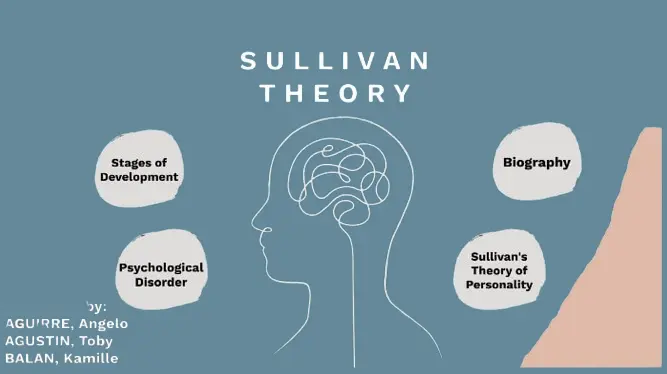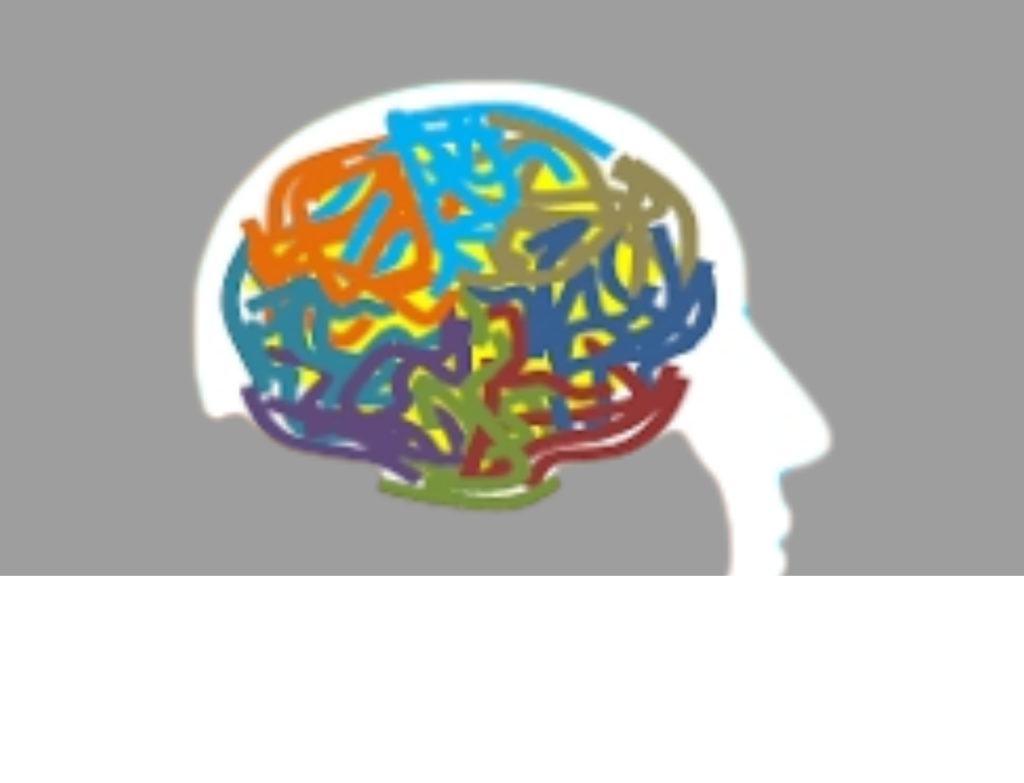📱 What Is Nomophobia?
Have you ever felt uneasy, anxious, or downright panicked when you couldn’t find your phone? If so, you might be experiencing Nomophobia, short for “no-mobile-phone phobia”. It’s a modern-day condition where people experience anxiety or distress when they’re without their smartphones — even temporarily.

In an age where we depend on our phones for everything — communication, entertainment, news, work, and even emotional support — it’s no surprise that being separated from them can trigger genuine fear.
Nomophobia isn’t currently classified as a formal mental disorder, but mental health professionals are increasingly recognizing it as a growing issue — especially among teens, students, and working professionals.
🧠 Who Is Most Affected by Nomophobia?
Although almost anyone with a smartphone can be affected, certain groups are more vulnerable to phone separation anxiety:
- Teens and young adults: Constant social media engagement increases dependency.
- Remote workers: Phones are often used for both work and downtime.
- Parents: Many rely on phones to monitor their kids or manage their schedules.
- Influencers/content creators: Social validation and engagement create pressure to stay connected 24/7.
A 2023 survey by Deloitte found that nearly 60% of people check their phones within 5 minutes of waking up. That figure climbs even higher for younger users. The fear of being disconnected is very real.
⚠️ Common Signs and Symptoms of Nomophobia
How can you tell if someone is struggling with nomophobia? Here are some common symptoms:
- Panic or anxiety when your phone is out of reach, dead, or left behind
- Compulsive checking of notifications, even when none have appeared
- Sleep disruption from checking the phone at night
- Distraction or restlessness in social or work situations without a phone
- Low battery anxiety (worrying when it drops below 20%)
🔍 Quick stat: The average user taps, swipes, or clicks their phone over 2,600 times a day — that’s more than 18,000 times a week!
💡 Why Are We So Attached to Our Phones?
Our phones aren’t just gadgets — they’ve become emotional extensions of ourselves. Here’s why:
1. Dopamine Hits
Each notification, like, or message triggers a small release of dopamine — the brain’s feel-good chemical. It reinforces behavior and can lead to habit loops.
2. Fear of Missing Out (FOMO)
Nobody wants to miss an update, group chat, or viral trend. This constant anticipation builds social pressure to stay connected.
3. Apps Built for Addiction
Most social apps are designed to maximize screen time, using infinite scroll, red notification badges, and autoplay features.
4. Emotional Comfort
Phones are often used to distract from boredom, loneliness, or stress — making them emotional crutches over time.
🧍 Real-Life Impact of Nomophobia
While it may sound harmless, nomophobia can seriously affect day-to-day life. Here are a few real-life consequences:
- Reduced productivity at work or school due to frequent checking
- Poor sleep hygiene, especially if using the phone before bed
- Social withdrawal or less meaningful in-person interactions
- Heightened anxiety or even panic attacks during phone separation
- Driving distractions, leading to increased accident risk
🧠 Is Nomophobia a Recognized Mental Health Condition?
As of now, nomophobia is not officially listed in the DSM-5, the American Psychiatric Association’s diagnostic manual. However, psychologists recognize it as a behavioral addiction closely linked to:
- Social anxiety
- Obsessive-compulsive behaviors
- Internet or screen addiction
Researchers argue that nomophobia shares many traits with recognized anxiety disorders and could become an official diagnosis in the future.
✅ Quick Self-Assessment: Do You Have Nomophobia?

Answer the following with Yes or No:
- Do you feel anxious when your phone battery is low or there’s no signal?
- Do you check your phone every few minutes, even without notifications?
- Do you take your phone everywhere — including the bathroom?
- Do you sleep with your phone next to your bed?
- Do you feel lost or irritable when your phone isn’t nearby?
If you answered “Yes” to 3 or more, you may be experiencing mild to moderate nomophobia.
🛠️ 7 Tips to Reduce Phone Separation Anxiety
You don’t need to give up your phone completely. Small, intentional changes can make a big difference.
1. Set “Phone-Free” Zones
Designate areas (like the dining table, bathroom, or bedroom) where phones are off-limits.
2. Use Screen Time or Focus Apps
Apps like Digital Wellbeing (Android), Screen Time (iPhone), or Forest can help you track and limit usage.
3. Create “Phone Curfews”
Turn off your phone 1–2 hours before bed. Use an old-fashioned alarm clock instead.
4. Keep Notifications Minimal
Turn off non-essential notifications to reduce distractions.
5. Reconnect Offline
Pick up a hobby that doesn’t involve screens — reading, drawing, or going for a walk.
6. Leave Your Phone Behind — On Purpose
Start small: leave it at home while walking the dog or at the gym.
7. Try a Digital Detox Challenge
Unplug completely for a weekend. Journal how you feel. Repeat monthly.
📅 Pro Tip: Schedule a “tech-free hour” daily to reset your mind and reduce dependency.
🆘 When to Seek Professional Help
If nomophobia is affecting your work, relationships, or mental health, it might be time to talk to a professional. Therapists can offer strategies like:
- Cognitive Behavioral Therapy (CBT): Helps change obsessive thinking patterns
- Mindfulness-Based Therapy: Encourages presence and non-reactivity
- Group Therapy: Builds community with others facing digital addiction
You’re not alone, and help is available.
🧘 Final Thoughts
Phones aren’t the enemy — but unchecked dependency can steal our time, focus, and peace of mind. Recognizing nomophobia is the first step toward change.
By setting boundaries and becoming more intentional with your phone use, you can regain control of your attention, mental health, and daily life.
Start small. One less scroll, one more moment of clarity. Your mind will thank you.



